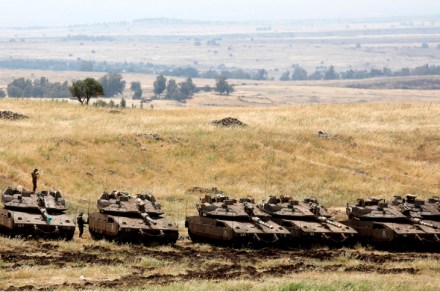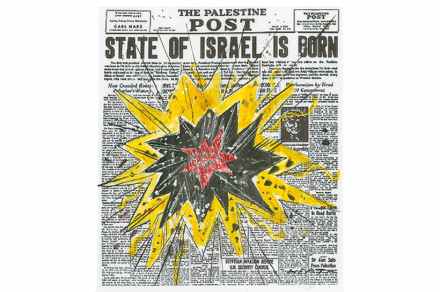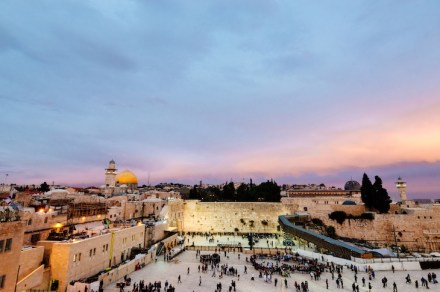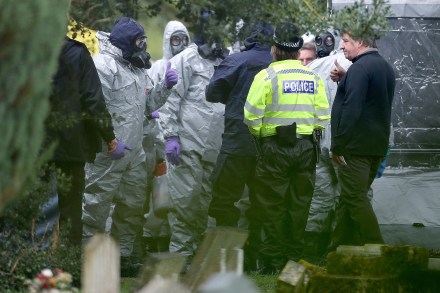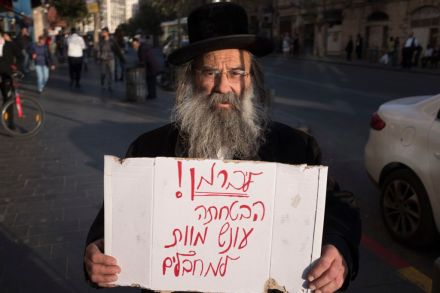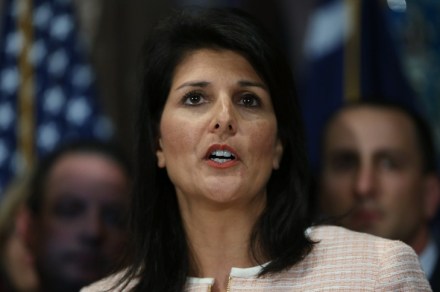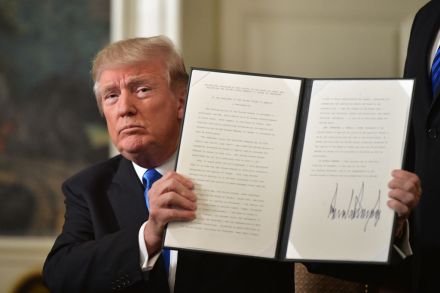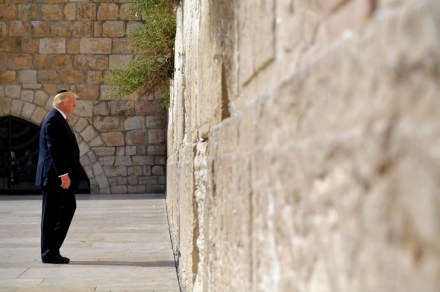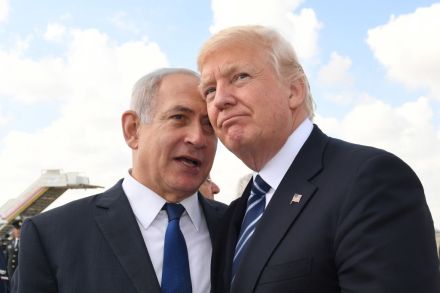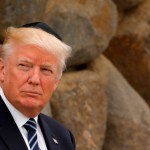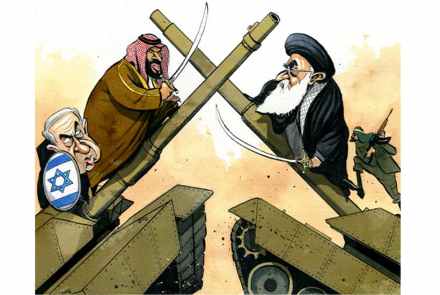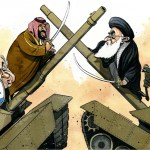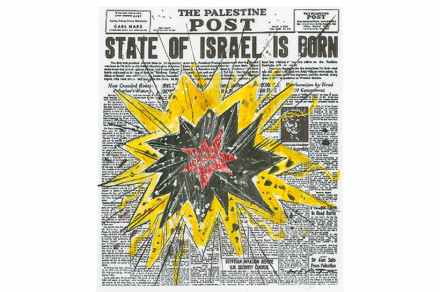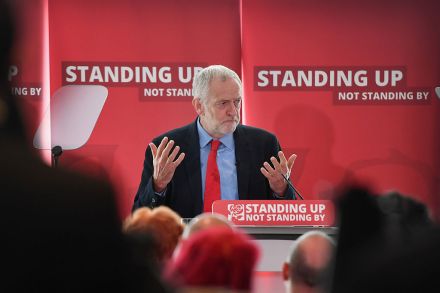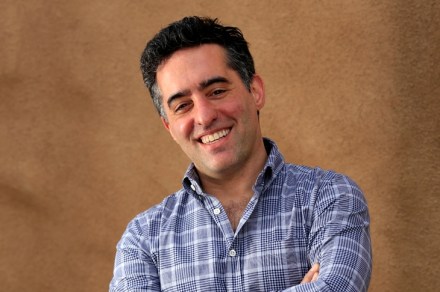Israel’s 70th anniversary celebrations ignore an inescapable fact
Was it, do you reckon, a felicitous birthday present from the Eurovision judges for Israel, with Netta standing in, a bit incongruously, for a 70-year old state? If so, it’s a tribute to the way that a Middle Eastern country actually counts as European to at least the same extent as Turkey just across the Bosphorus – actually probably more so. Israel seems like an intelligible outpost of our kind of culture and values in what now is the Muslim world. If Netta is Israel, she’s a terrifically attractive embodiment of its most appealing aspect; way more than the country’s embarrassing president. She’s its avant garde side: an Orthodox Jew



